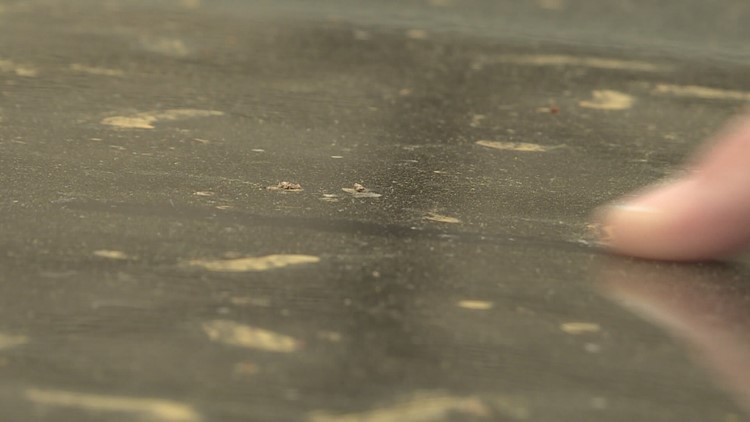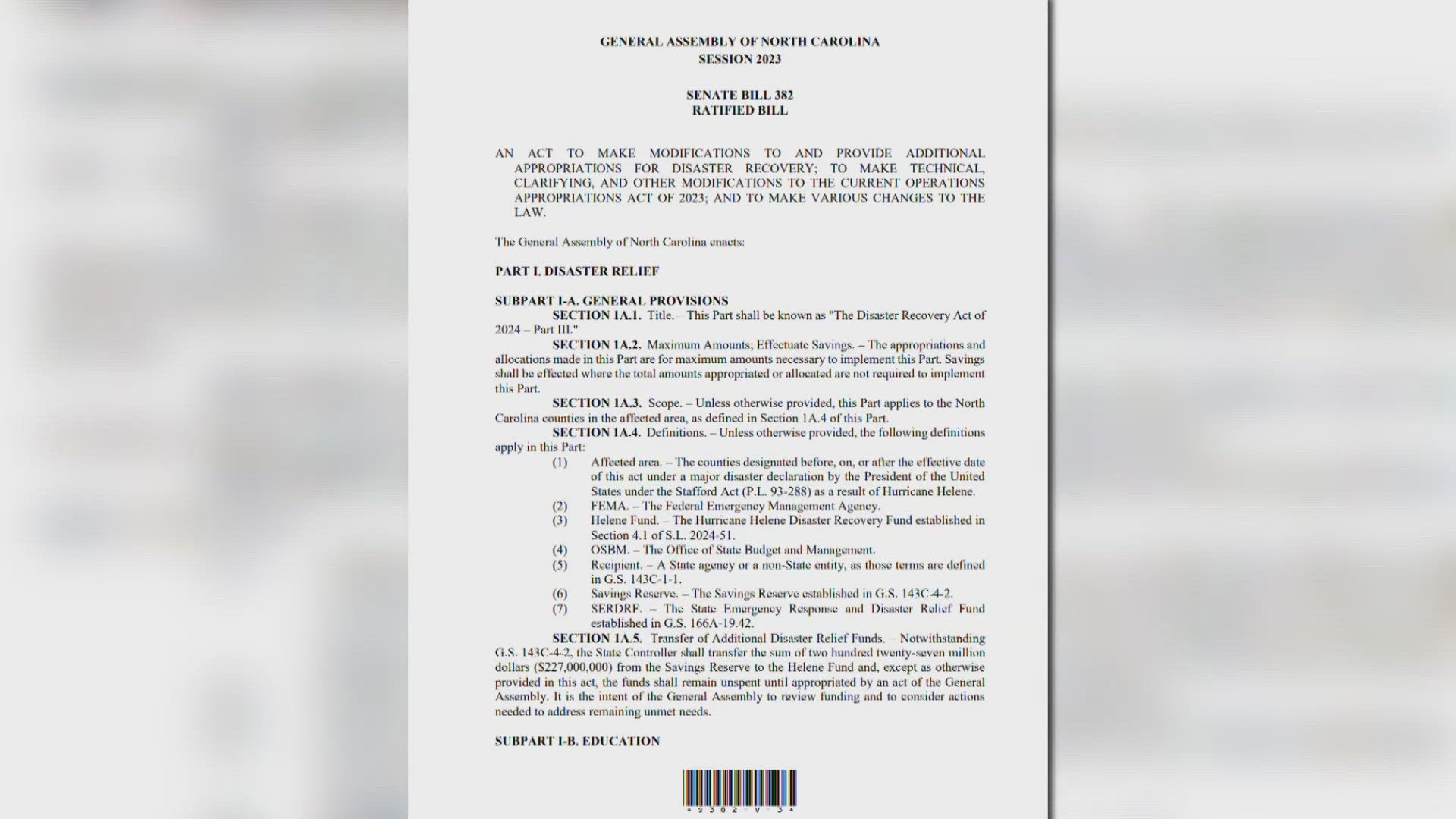GREENSBORO, N.C. — Pollen makes you sneeze and blankets your car in yellow. It's an unwelcomed side of spring! There are positives to pollen.
Beekeeper Stephen Rivers said every third bite you eat is going to come from something that has been pollinated by honey bees. He said we wouldn't have any almonds without honey bees and farmers will sometimes bring their honeybee hives to California to help with almond production. Almonds aren't the only positive of bees.
"From oranges, cantaloupes to cucumbers," Rivers said. "Anything that you can think of that requires pollination comes from the honey bee."
Rivers said a bumblebee will actually pollinate more than a honey bee, but they are slower.
"They can pollinate ten plants," Rivers said. "The honeybee may not get but five, but they are very efficient, and plus you get the honey as a reward."
Some folks flock to find local honey when pollen season ramps up, but the National Institute of Health (NIH) says honey can't cure all allergies. An NIH study found that it can reduce inflammation that leads to sneezing and nasal itchiness. The CDC reports ragweed as the number one pollen polluter. One plant can produce a billion grains of pollen each season and is the leading cause of fall season allergies.
The CDC also noted that climate change is affecting pollen levels. Changes in the precipitation patterns, the number of frost days, warmer temperatures, and increased carbon dioxide have all adverse impacts on pollen. Each of these weather shifts directly influences the length of the pollen season, how much pollen plants crease, and how it affects your health!



